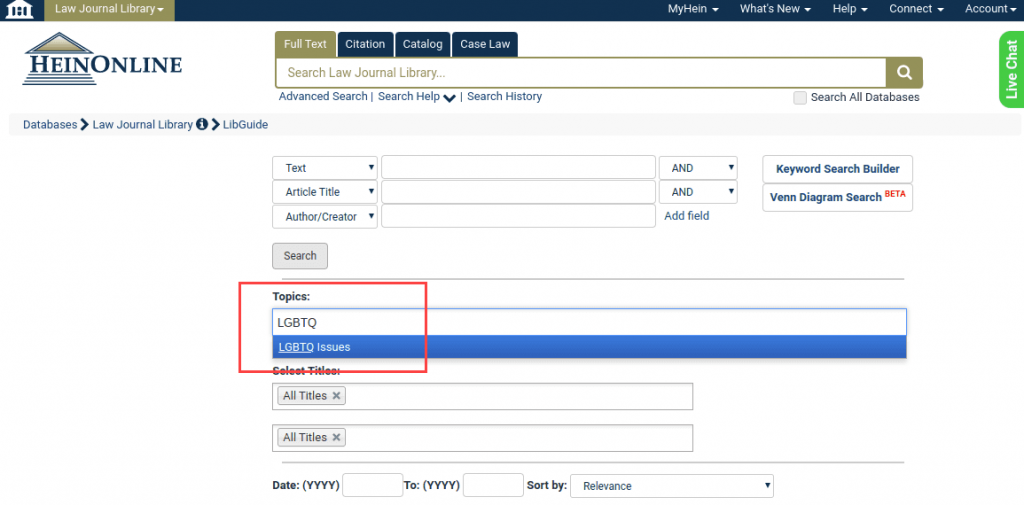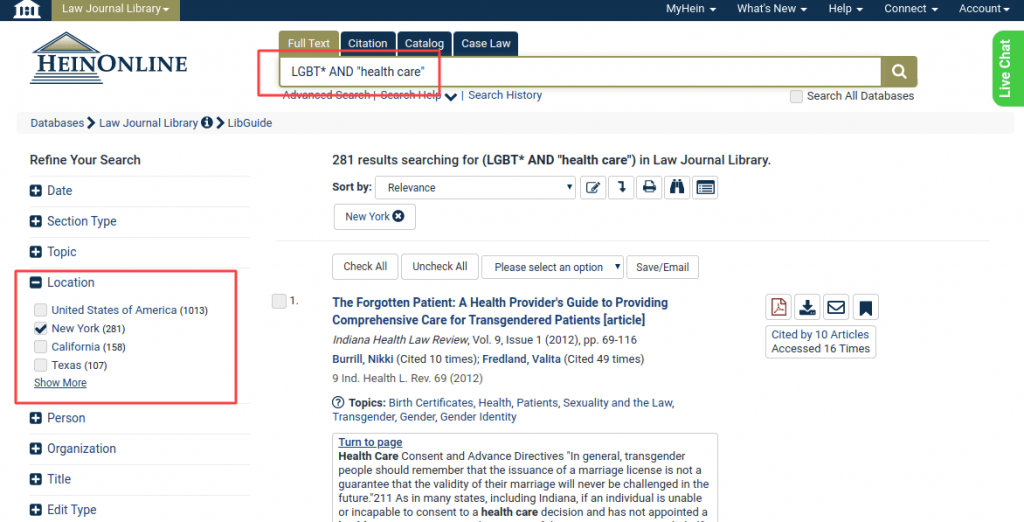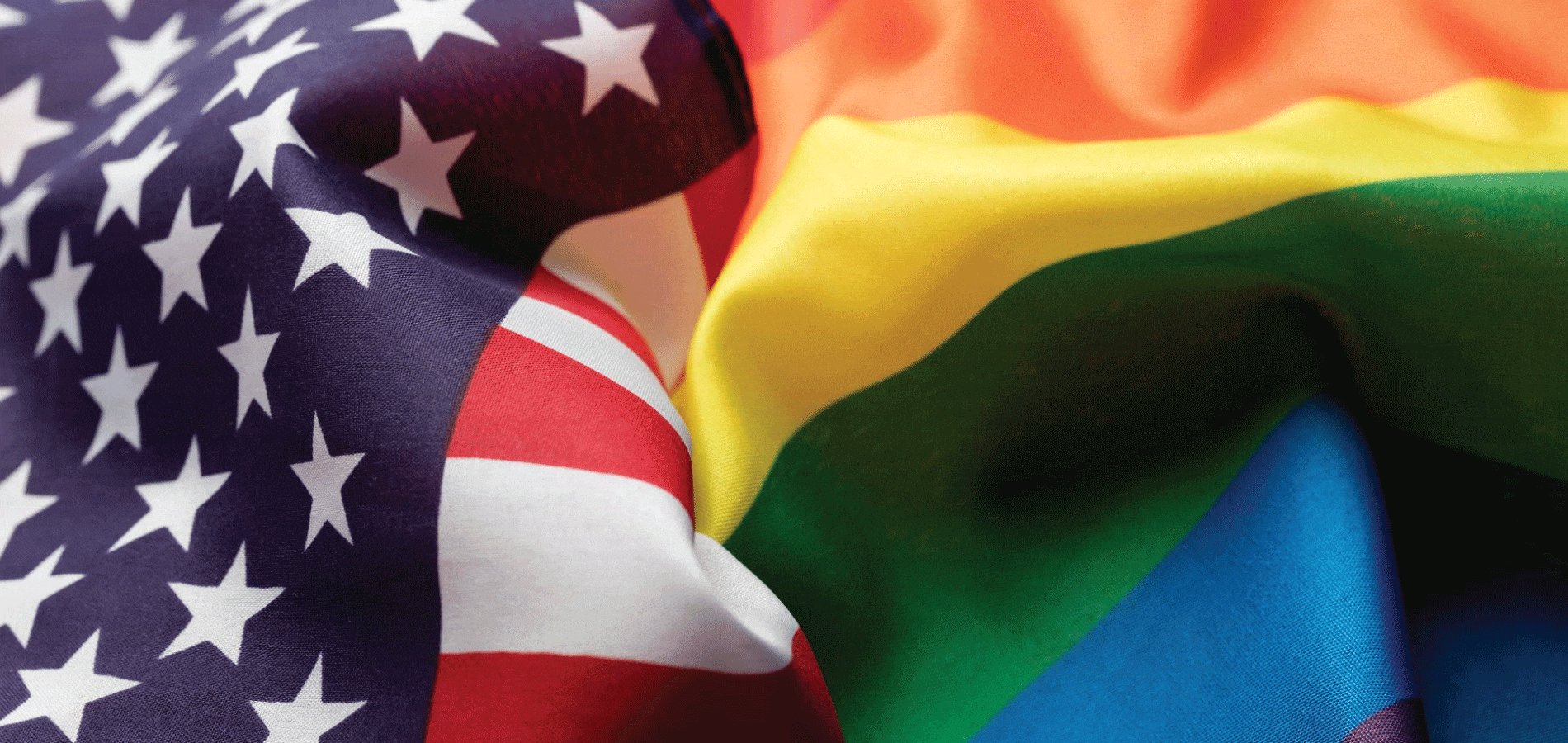This June marks a special month for the LGBTQ community. Not only is it Pride month, but it’s also the 50th anniversary of annual LGBTQ and Pride traditions. The very first Pride march took place on the one-year anniversary of the Stonewall Uprising in New York City on June 28, 1970. More than 500 Pride-related events have been canceled this year due to the COVID pandemic, but that hasn’t stopped people from celebrating. The LGBTQ community has found ways to celebrate online, and others are marching in black lives matter protests to elevate black voices in solidarity for equal rights. Let’s take a closer look at this movement, what rights they have, and what they’re still fighting for.
Overview of the LGBTQ Movement
There is not a primary organization that represents all LGBTQ people, but there are numerous organizations active worldwide. Although the earliest organizations to support LGBTQ were formed in the early 20th century, social movements date back to the 18th-century. For example, it was socially acceptable for cross-dressing as seen in many of William Shakespeare’s plays. Social reformer Jeremy Bentham argued in a famous essay that homosexuality was a victimless crime and not deserving of criminal charges. However, due to feared reprisal, it wasn’t published until 1978.
Post World War II brought the homophile movement. Several homosexual rights groups emerged using the word homophile to emphasize love over sex. It also altered traditional gender roles, as women were allowed to volunteer to serve their country in “men’s roles.” Later, in 1962, a gay march was held in front of Independence Hall in Philadelphia. According to some historians, this marked the beginning of the modern gay rights movement.
The Stonewall Riots, considered to be one of the most important events leading to the gay liberation movement, occurred as a result of a police raid in New York City on June 28, 1969. Police raids on gay bars were routine in the 1960s, but in this situation, emotions were heightened and police lost control of the situation. Other movements of the sixties, geared towards racial pride and women’s liberation, inspired LGBTQ activists to be more radical, and in turn, served as catalysts for Stonewall. Immediately following the Stonewall Riots, the Gay Liberation Front (GLF) and the Gay Activists’ Alliance (GAA) formed. They felt the categories of homosexual and heterosexual should be obsolete. One of the values of this gay liberation movement was of gay pride from which annual pride marches were born.

By 1973, the American Psychiatric Association removed “homosexuality” from the Diagnostic and Statistical Manual (DSM), used to diagnose mental illness. In the 1980s, the AIDS epidemic shifted some focus and groups such as the AIDS Coalition to Unleash Power formed, as well as Queer Nation and the Lesbian Avengers. At this time, the word queer was reclaimed as a positive self identifier for LGBTQ people. Other terms became prominent, including various acronyms like LGBT, LGBTQ, and LGBTI, where the Q and I stand for queer or questioning and intersex.
Today, the LGBTQ community promotes equal opportunity and aims to join the political mainstream on the same level as other groups in society. They argue that sexual orientation and gender identity are natural and cannot be changed. Politically, they would like to see a change in laws and policies that advocate for rights, benefits, and protection from harm. The strongest expansion of LGBTQ rights is a result of major landmark Supreme Court cases. Let’s explore some of these decisions.
After a Hurricane, Comes a Rainbow
The United States currently has no federal law outlawing anti-LGBTQ discrimination nationwide. The Equality Act, which passed in the House of Representatives in May 2019, would amend the Civil Rights Act to prohibit discrimination on the basis of sexual orientation and gender identity in employment, housing, public accommodations, public education, federal funding, credit, and the jury system. The bill is with the Senate and has remained there since May 20, 2019, for consideration.
Last week marked a major milestone for LGBTQ rights when the Supreme Court ruled that Title VII of the 1964 Civil Rights Act applies to people who face job bias resulting from their sexual orientation or gender identity, in the court case Bostock v. Clayton County, Georgia. The 6-3 decision was written by Justice Neil Gorsuch, known as a conservative. It was also accompanied by Justice John Roberts, who has never signed an opinion endorsing gay rights. Although this ruling covers employment, the LGBTQ community still lacks non-discrimination protections in housing, public accommodations, public education, federal funding, credit, and jury service, which would be covered under the Equality Act.
As the LGBTQ community continues to fight for equal rights, let’s take a look at four additional U.S. Supreme Court cases that have shaped LGBTQ rights in America.
Romer v. Evans was the first Supreme Court case since Bowers v. Hardwick to address gay rights. In 1996, the Supreme Court ruled in a 6-3 decision that a state constitutional amendment in Colorado preventing protected status based on homosexuality or bisexuality did not satisfy the Equal Protection Clause. The amendment would have prevented any city, town, or county in the state from taking any legislative, executive, or judicial action to recognize homosexuals or bisexuals as a protected class.
View Case
In 2003, the Supreme Court of the United States ruled in Lawrence v. Texas that laws prohibiting private homosexual activity between consenting adults are unconstitutional. This occurred after John Geddes Lawrence Jr. and his partner were arrested in his apartment after sheriff’s deputies found them engaging in sexual intercourse. Lawrence and his partner were charged with a misdemeanor under Texas’ anti-sodomy law and were fined. This Supreme Court decision made same-sex sexual activity legal in every U.S. state and territory, which invalidated sodomy laws in 13 other states.
View Case
In 2007, Edith Windsor and Thea Spyer, a same-sex couple, got married legally in Toronto, Ontario, and moved to New York. Spyer passed away in 2009 and Windsor was required to pay $363,053 in federal estate taxes on her inheritance of her wife’s estate. If federal law recognized her marriage, she would have qualified for the unlimited spousal deduction and paid no federal estate taxes. As the case made its way up, the Supreme Court ruled in United States v. Windsor that Section 3 of the Defense of Marriage Act (DOMA), which denied federal recognition of same-sex marriages, was a violation of Due Process Clause of the Fifth Amendment.
View Case
The Supreme Court case of Obergefell v. Hodges is the consolidation of six lower-court cases representing sixteen same-sex couples. The cases came from Michigan, Ohio, Kentucky, and Tennessee. In 2015, the Supreme Court ruled 5-4 that the fundamental right to marry is guaranteed to same-sex couples by both the Due Process Clause and the Equal Protection Clause of the Fourteenth Amendment. This required all fifty states to recognize the marriage of same-sex couples on the same terms and conditions as the marriages of opposite-sex couples, with accompanying rights and responsibilities.
View Case
What You Can Find in HeinOnline
Now that we’ve covered the basics of the LGBTQ movement and landmark cases, let’s see what else HeinOnline has to offer. First, let’s start out simply. Enter the Advanced Search option of the Law Journal Library and enter LGBTQ into the Topics section. You’ll notice LGBTQ Issues automatically pops up as an option.

Results touch upon historical LGBTQ issues, as well as problems arising in the modern day. Here are some examples:
- The Transgender Student-Athlete: Is There a Fourteenth Amendment Right to Participate on the Gender-Specific Team of Your Choice?
- Gender Reassignment Surgery in Prisons: How the Eighth Amendment Guarantees Medical Treatments Not Covered by Private Insurance or Medicare for Law-Abiding Citizens
- The Legal Closet
- Romer v. Evans and House Bill 2: Deja Vu All Over Again
Now, let’s run a more detailed search. Using the Full Text tab in the Law Journal Library, search for LGBT* AND “health care.” The asterisk is one of the wildcard features supported by HeinOnline’s search syntax and will locate exact matches as well as multiple character differences for LGBT (i.e. LGBT, LGBTQ, LGBTQI, etc.). With more than 4,000 results, we will need to refine our search. Let’s narrow down the results by choosing New York from the Location facet.

Next, Sort by Volume Date (Newest First). Results include:
- Transgender Persons Have a Fundamental Right to Use Public Bathrooms Matching Their Gender Identity
- Good Public Health Policy, Better Public Health Law: Blood Donation, Individual Risk Assessments, & Lifting the Deferral for Men Who Have Sex with Men
- Transgender Beneficiaries: In Becoming Who You Are, Do You Lose the Benefits Attached to Who You Were?
- Asserting Choice: Health Care, Housing, and Property—Planning for Lesbian, Gay, Bisexual, and Transgender Older Adults
The Law Journal Library also contains several periodicals dedicated to sexual orientation and identity such as: Columbia Journal of Gender and Law, Duke Journal of Gender Law & Policy, Gay and Lesbian Law Journal, Georgetown Journal of Gender and the Law, Harvard Journal of Law & Gender, and Journal of Gender, Race, & Justice. In fact, the Law Journal Library contains more than 100 journals dedicated to human rights alone.
Need Help?
Stuck researching a topic? Waive your white flag (or in this case your rainbow flag) and let us help you. Our HeinOnline support team is available Monday through Friday 7:30 a.m. to 6:00 p.m. ET. Call us at (800) 277-6995, email us, or chat with us!



